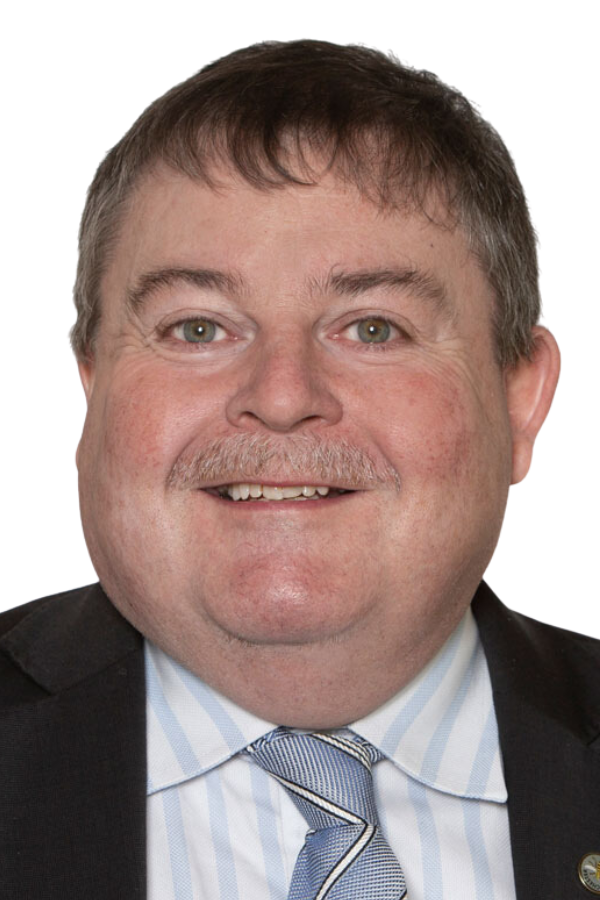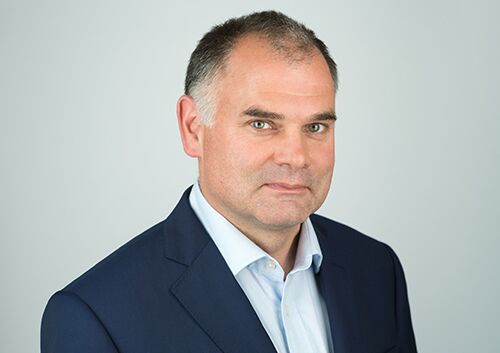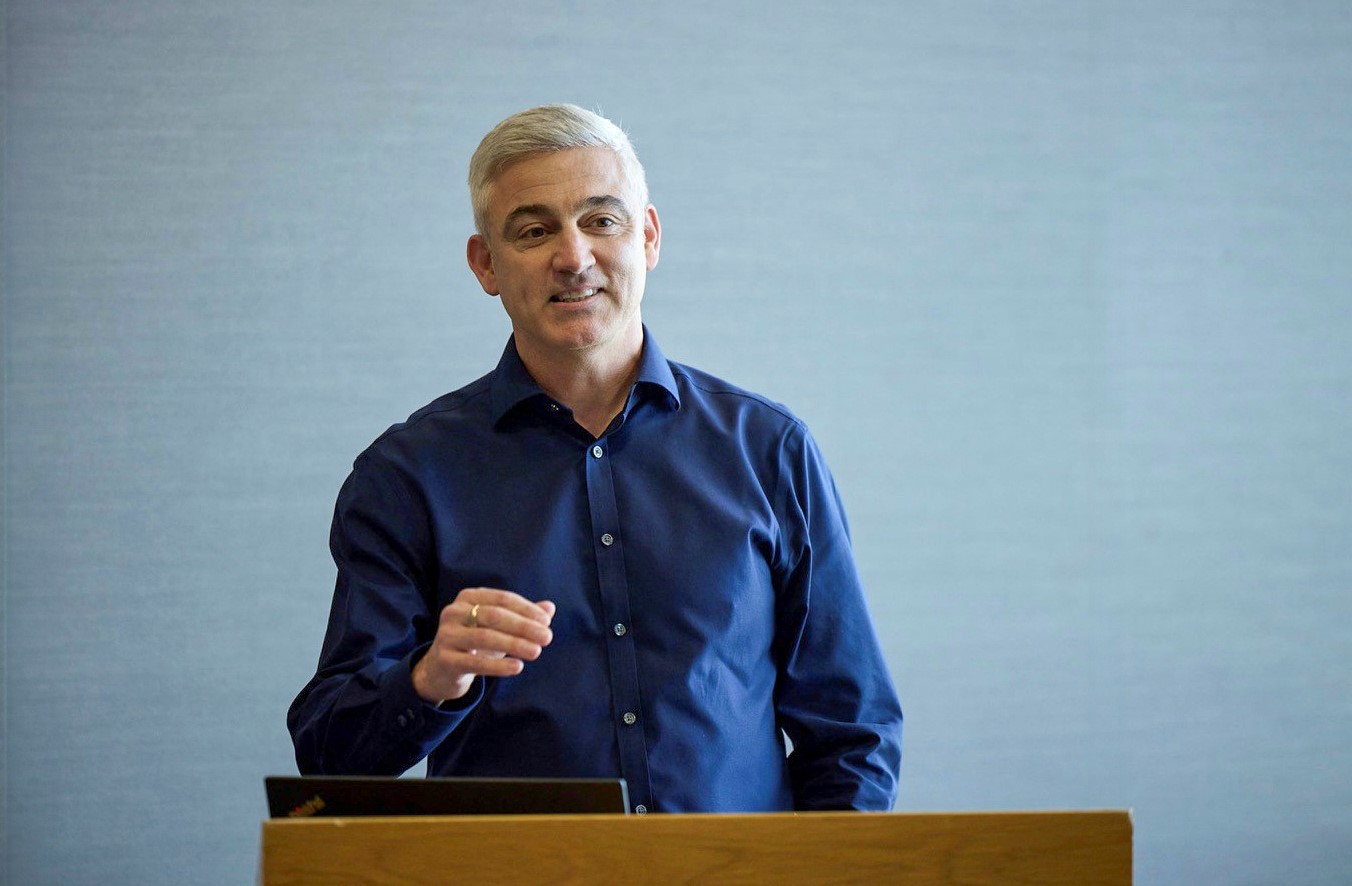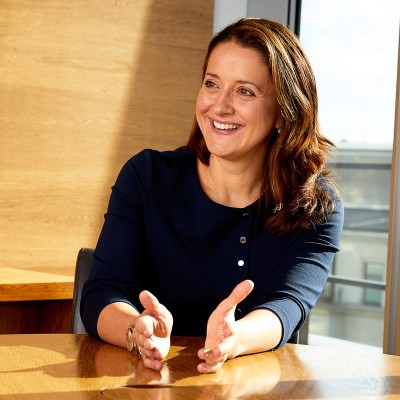Quarterly Q&A with Paradigm
This edition, we’re in conversation with Mike Allison, Director of Protection at Paradigm who talks optimistically about the opportunities in the world of protection, particularly in light of the Consumer Duty rules. Mike has been Director of Protection since the launch of Paradigm Protect 10 years ago. He champions both the work of the providers and advisers at every opportunity, with a focus on quality and delivering the best possible customer outcomes. His deep knowledge and insights on all things protection are a valuable asset to our industry.
Mike, what are your views on the current market?
“In talking to many of our firms at Paradigm, there is more of a sense of optimism about the mortgage market emerging and more opportunities appear to exist, which of course drives a lot of activity within the protection space. Lenders are offering some competitive rates, and depending on their circumstances, there will be some customers who may be better off than had been predicted when it comes to remortgaging. It is really positive to see that the housing market is on track for 1.1 million completions in 2024, a 10% increase on last year, and mortgage approvals are reaching pre-pandemic levels as consumer confidence is starting to rebound.
In reality, many advisers have a choice to work with many of their clients on Product Transfers (PTs) but choose not to do so – we still see that the majority of PTs are written directly with the lenders and not through the intermediary space. This contracts to new business, which sees a c.80% split written by intermediaries. We know that there may be commercial reasons for advisers not working on PT business – or at least being selective when they do – but it is important that they see the importance of building long-term relationships with clients. These should cover all product areas including Protection and GI – the latter in particular can provide a regular income stream over may years.
At Paradigm, we have been working hard to help firms develop soft skills, grow their business and identify new potential revenue streams.
In terms of negatives, we are in the early phase of the Regulator assessing firms’ Consumer Duty plans, which were supposed to be in place from July 2023. It remains to be seen how the FCA will react to firms if their plan implementation is below expectations, and that uncertainty can lead to concern – particularly in smaller firms regarding the work they may need to do to get up to scratch. I’d encourage any firms who are unsure to speak with trusted compliance firms to check they at least have robust plans and can evidence what they’ve been working on.”
What are the biggest/main challenges we will face this year?
“I believe the main challenge is the uncertainty over interest rates and when they will start to fall. It appears at present that inflation is under control and on target to meet the Government’s plans, and so the impact of the cost-of- living crisis over the last 18 months or so is waning on potential and existing customers. Interest rates, however, are a different animal altogether, with the decisions on these often being driven by worldwide events.
In the mortgage space, whilst Lenders are changing rates and creating ‘windows of opportunity’ for customers, they are generally doing so based on their own profit models – as opposed to SWAP rates – which are more difficult to predict. This inevitably leads to additional work for mortgage advisers trying to ensure their clients access the best rates and often leads to amending suitability letters, all of which is time consuming, and in some instances can take the focus away from protection. When interest rates do start to fall, we can expect to see further surges in activity for both mortgages and subsequently also protection. We know that when customers feel they are saving money on their mortgage, this can drive increased sales of protection products.”
What are our key opportunities for 2024?
“Opportunities arise in a number of areas in the world of protection. For example, we have seen the surge in Income Protection sales as a result of a number of factors. This has come from, in my opinion, consumers being more aware of and wanting this type of protection (as evidenced by numbers of Google searches) and fears arising from the cost-of-living crisis coupled with the difficulty in obtaining mortgages, for first time buyers especially. More than ever before, people want to protect the roof over their heads. This, coupled with the work of advisers, Providers, the Protection Distributors Group (PDG) and the Income Protection Task Force (IPTF) in highlighting the need for this insurance has led the demand and supply side to work as it should to achieve greater sales.
With this brings greater product innovation in a number of guises. In particular, we see many of the Friendly Societies continue to offer products to consumers in a wide range of occupations, and with a real flexibility to smokers, vapers and those with ailments that historically have been difficult to cover. All of this delivers real tangible evidence that they are improving access to insurance.
Consumer Duty has led to many firms reviewing their business propositions, and one area we have been working with Paradigm firms on is the development of specialist Protection advisers within both mortgage and IFA firms. In IFA firms in particular there is a huge opportunity in the intergenerational planning space – especially where so many surveys show that the estate beneficiaries (usually any children), are unlikely to use the same adviser as their parents when the wealth transfers to them, unless they already have a relationship with the adviser firm. Wealth firms who ignore intergenerational opportunities, for example the opportunity to at least discuss IHT with children or beneficiaries of an estate, are not only missing a commercial opportunity but are in danger of seeing their Assets Under Management decline.
Inevitably, technology marches on in all of our lives, and although there has been much talk about the impact of artificial intelligence (AI), we have not yet seen many direct results of AI on our market, but it is coming. In addition, there has also been talk about further innovation in the compliance area that will ultimately support advisers; streamlining processes and saving valuable time. As new products come to market, or products such as Income Protection see an increase in popularity, advisers should take any opportunities to discuss these with existing clients. Tools such as PreQuo from iPipeline are a cost-efficient method of generating leads from a firm’s existing client base.
We should not forget that opportunities exist when it comes to signposting to external firms too; firms who may not wish to write protection business themselves should have a solution for referring clients to ‘avoid foreseeable harm’ within their Consumer Duty plan. We know that we should be discussing the risks of not taking out any form of cover with all clients, but in reality sometimes we are just too busy, and to have a signpost partner for at least some of the client base will do the job the Regulator wants.”
“It seems clear to me that there are opportunities abound within our market, and those firms who are up to the challenge will be able to harness these in 2024 to grow and develop their business, with clear benefits for their customers too”
























